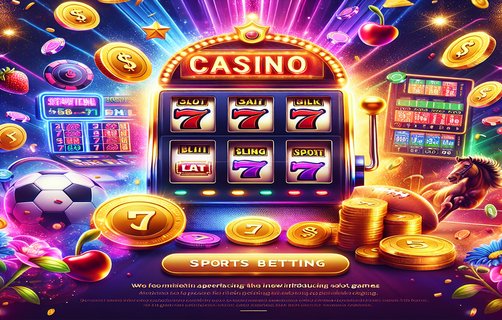The Ethical Landscape of Practicing Infinite Blackjack
Infinite Blackjack has garnered considerable attention in the gambling community, offering a unique blend of traditional gameplay and modern technological enhancements. However, as the game continues to evolve, it is imperative to discuss the ethical implications surrounding its various aspects, including cashback incentives, poker strategy, game rules transparency, lottery winners, fantasy themes, VIP access levels, and mobile gambling laws.
Cashback incentives are a common feature in many online gambling platforms, including Infinite Blackjack. While they may serve as a rewarding mechanism to keep players engaged, one must consider the ethical ramifications of such practices. Is it truly beneficial for players, or does it encourage irresponsible gambling behavior? Cashback can create a false sense of security where players believe they can recover losses, leading to potential addiction and financial distress. A moral discussion surrounding cashback should focus on finding a balance between customer retention and promoting responsible gambling behavior.
Poker strategy also plays a crucial role in Infinite Blackjack. Though players often adopt sophisticated strategies, one cannot ignore the ethical dilemmas posed by playing styles that leverage psychological manipulation or unfair advantages. For instance, the use of "shilling"—where an individual plays on behalf of another to gain an upper hand—raises serious ethical questions. Practitioners must prioritize fair play to foster a community where trust and integrity prevail, accepting that strategy should enhance the game rather than betray its essence.

Game rules transparency is another fundamental concern in the realm of Infinite Blackjack. Players deserve to know how the game operates, including the odds involved and how house advantages are structured. When casinos obscure rules or employ deceptive practices, the moral fabric of the gaming community is put at risk. Ethical providers must commit to transparency, further ensuring that players can make informed decisions about their participation.
Moreover, lottery winners and the fantasy themes associated with these games often overshadow the sobering reality of gambling. While the allure of winning big may entice players, the moral implications of sensationalizing such outcomes can distort players' perceptions of chance and risk. Emphasizing responsible gaming principles is vital in countering these extravagant portrayals that may lead individuals down a path of reckless behavior.
In the context of VIP access levels, there is an inherent moral quandary surrounding exclusivity. While VIP programs can reward loyal customers, they can also foster feelings of elitism and exclusion among the broader player base. It is essential for operators to ensure that these programs do not lead to exploitation by fostering a culture where only the wealthiest players are prioritized.
Lastly, mobile gambling laws play a critical role in shaping the ethics of Infinite Blackjack. As more players access games through their mobile devices, legal frameworks must keep pace to protect consumers and promote responsible gambling practices. The ethical implications of mobile gambling are vast, meriting a discussion on the responsibility of operators to ensure fair play and the protection of vulnerable players.

In conclusion, Infinite Blackjack embodies a complex interplay of tradition and modernity, raising significant moral considerations for practitioners. By addressing issues such as cashback practices, game rules transparency, and responsible gaming, the community can cultivate a culture that values integrity and fairness while enjoying the potential rewards of this exciting game.
